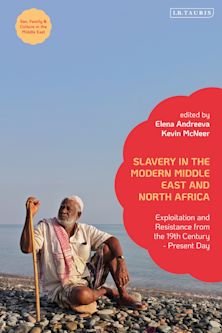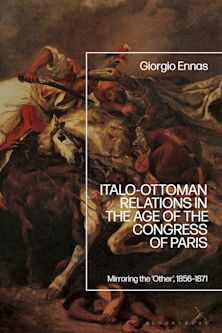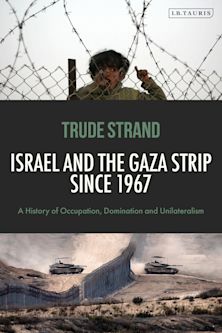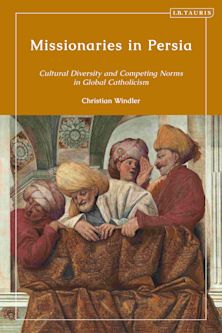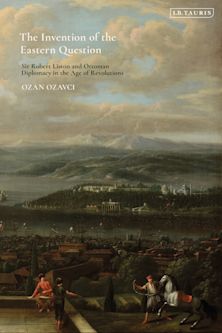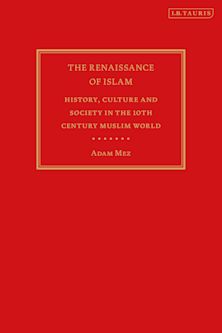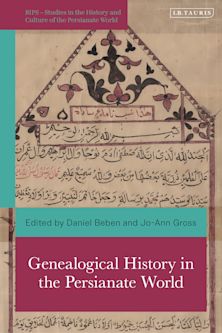- Home
- ACADEMIC
- History
- Middle Eastern History
- Iraq and Gertrude Bell's The Arab of Mesopotamia
Iraq and Gertrude Bell's The Arab of Mesopotamia
This product is usually dispatched within 3 days
- Delivery and returns info
-
Free US delivery on orders $35 or over
You must sign in to add this item to your wishlist. Please sign in or create an account
Description
Gertrude Bell was one of a select group of Western Arabists who helped create the modern Middle East. She was arguably the single most influential individual in Iraq when the British attempted in the aftermath of World War I to create a nation out of regions that had long been different provinces of the Ottoman Empire. She was called upon to produce this succinct but insightful volume as a guide for the military officers and civil servants who were attempting to create an Iraqi government.
A long dispute over whether the volume was actually written by her is settled in Dr. Paul Rich's introduction. It not only was written by Bell, but the reader can see in what she choose to emphasize just what her own views on the course that the development of Iraq should take.
Unfortunately Bell's dreams of a successful outcome for Iraq in the aftermath of the war floundered, partly because of the ineptitude of the occupiers but partly too because of the irreconcilable factions that today, so many years later, remain an overwhelming obstacle to peace. Broken in spirit, Bell took her own life and joined Lawrence of Arabia in what is a pantheon of romantic if disillusioned admirers of the Arab lands.
Table of Contents
Chapter 2 Introduction to the Lexington Edition
Chapter 3 The Arab of Mesopotamia
Product details
| Published | Feb 19 2008 |
|---|---|
| Format | Paperback |
| Edition | 1st |
| Extent | 250 |
| ISBN | 9780739125625 |
| Imprint | Lexington Books |
| Dimensions | 8 x 5 inches |
| Series | Middle East Classics |
| Publisher | Bloomsbury Publishing |
About the contributors
Reviews
-
Although these fascinating essays by a woman who played a key role in British empire-building in Mesopotamia were written in 1916 and 1917, their republication nearly a century later is remarkably timely, as Paul Rich shows in his introduction to the volume. In many ways, Bell might seem to be writing about the Bush administration's imperial misadventure at the beginning of the 21st century, when self-proclaimed liberators, like those who preceded them, soon found that they too were occupiers facing violent resistance. We see how little those living today learned from the past and how, at least in this case, history is being reenacted?in Marx's words?as farce...
Glenn E. Perry, Indiana State University
-
Bell's work is an important historical document and a work that deserves attention today....Rich has offered readers an important document and provided a passionate appeal in his introduction to it.
Digest of Middle East Studies
-
Gertrude Bell, the British maker of Iraq, appreciated what was then Mesopotamia and the danger of military confrontation in that divided country. Her book and the introduction by Paul Rich should be a required reading for occupiers of present day Iraq and the policy makers in Washington and London.
Mohammed M. Aman, editor-in-chief, Digest of Middle East Studies
-
Although these fascinating essays by a woman who played a key role in British empire-building in Mesopotamia were written in 1916 and 1917, their republication nearly a century later is remarkably timely, as Paul Rich shows in his introduction to the volume. In many ways, Bell might seem to be writing about the Bush administration's imperial misadventure at the beginning of the 21st century, when self-proclaimed liberators, like those who preceded them, soon found that they too were occupiers facing violent resistance. We see how little those living today learned from the past and how, at least in this case, history is
being reenacted-in Marx's words-as farce.Glenn E. Perry, Indiana State University












